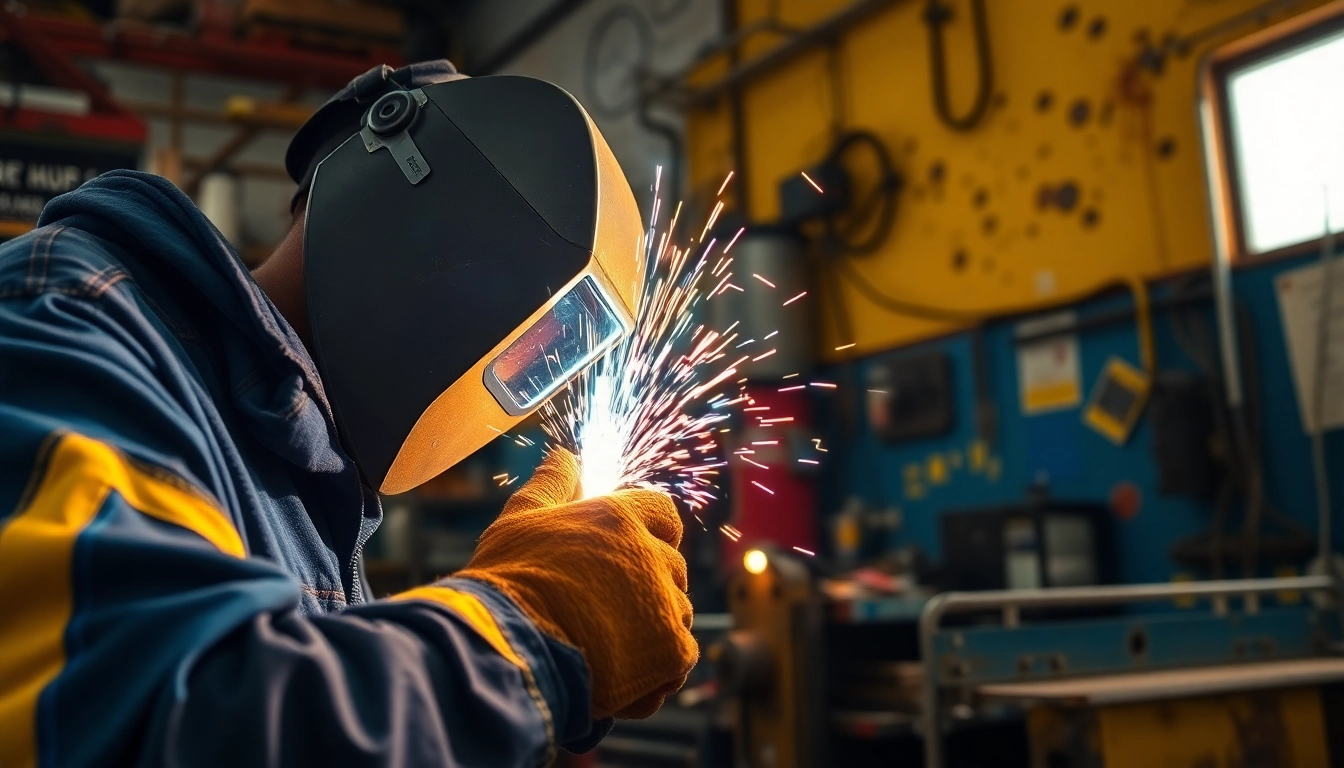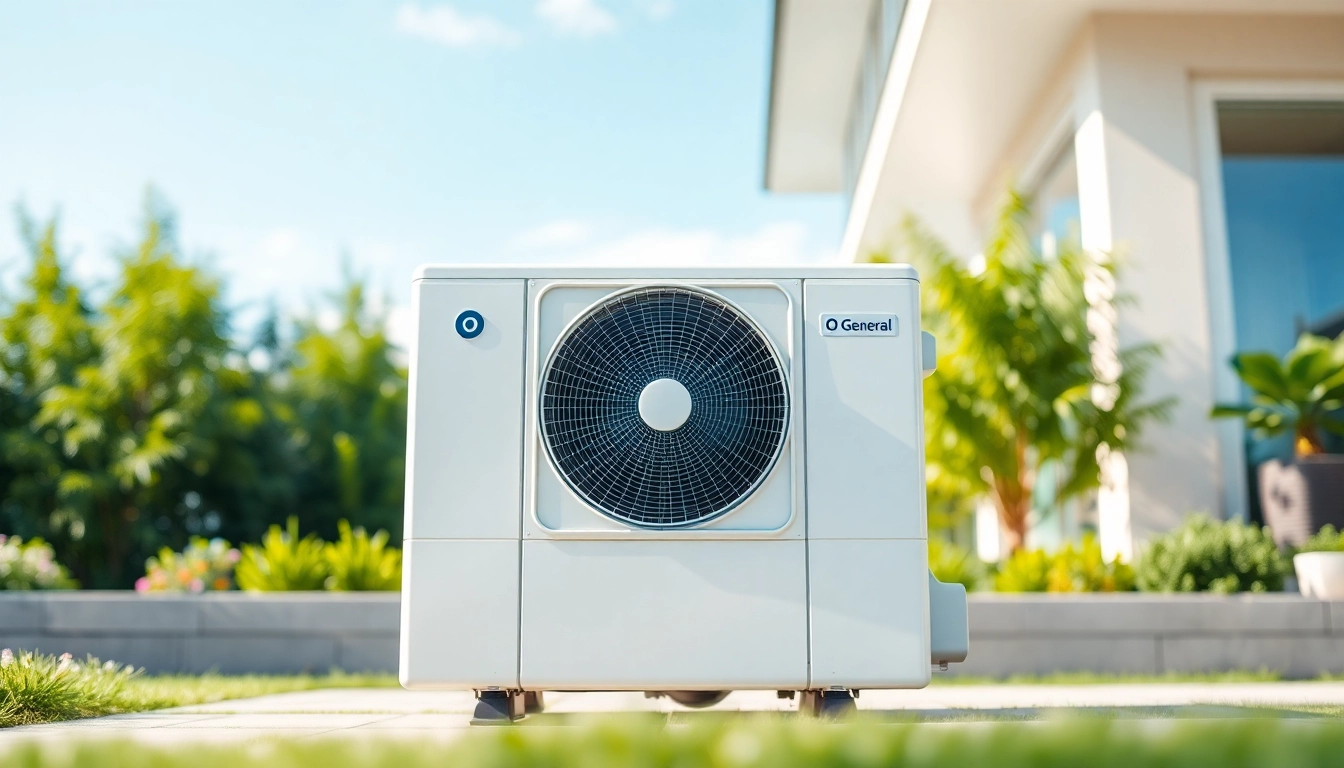1. Understanding Welding Supplies
1.1 What Are Welding Supplies?
Welding supplies encompass a wide range of equipment, materials, and tools necessary for various welding processes. These goods are essential not only for the execution of welding tasks but also for ensuring the safety and efficiency of the operation. Within this category, you will find consumables such as welding rods, wire, and gas, as well as protective gear and sophisticated machinery. As you dive into the world of welding supplies, understanding their role in the welding process is crucial for both novices and seasoned professionals.
1.2 Types of Welding Supplies
Welding supplies can be broadly categorized into several groups:
- Consumables: These include welding rods, wires, and gases that are consumed during the welding process. Different welding techniques require specific types of consumables; for instance, MIG welding typically uses a solid wire, while TIG welding often employs filler rods.
- Welding Machines: This category includes a variety of equipment such as MIG welders, TIG welders, stick welders, and plasma cutters. Each machine has its own unique features suited for specific applications.
- Safety Equipment: Ensuring safety is paramount in welding. Essential safety gear includes welding helmets, gloves, jackets, and protective eyewear that shield welders from harmful or hazardous elements emanating from the welding arc.
- Welding Tools: Basic tools that aid the welding process comprise pliers, clamps, chipping hammers, and wire brushes. These tools are indispensable for preparing materials, adjusting fixtures, and finishing welded joints.
1.3 Choosing the Right Welding Supplies for Your Needs
Selecting the appropriate welding supplies depends heavily on the type of project and welding method. For beginners, starting with a multipurpose welder can offer versatility. However, as one gains experience, investing in specialized equipment might be advantageous. It’s also essential to consider the job’s material — whether it’s aluminum, stainless steel, or mild steel, different supplies will yield varying results. Additionally, ensure your safety gear meets industry standards, as proper protective equipment can greatly reduce the risk of injury.
2. Essential Welding Gear for Professionals
2.1 Safety Equipment: Helmets and Gloves
Safety equipment is non-negotiable in welding. A high-quality welding helmet can protect your face and neck from radiant heat and harmful ultraviolet and infrared light produced by the welding arc. Opt for helmets with auto-darkening filters that change shade instantly to provide clear vision in various conditions.
Moreover, gloves are critical for protecting your hands from burns or electric shocks. Selecting gloves made from high-quality leather and featuring reinforced stitching ensures durability while allowing flexibility.
2.2 Tools Every Welder Should Have
Beyond safety gear, there are essential tools that equip welders to perform effectively:
- Welding Magnet: These help in correctly positioning the metal pieces during welding.
- Chipping Hammer: Used to remove slag from welds and improve the quality of the finished joint.
- Wire Brush: For cleaning surfaces before welding and maintaining the equipment.
- Welding Pliers: Multi-functional tools used for gripping, cutting, and removing spatter.
2.3 Selecting Quality Welding Consumables
Choosing the right consumables is crucial for achieving strong welds. Factors such as metal type and thickness should guide your selection. For instance, when welding thicker metals, larger diameter rods or wires may be necessary to ensure proper penetration and adherence. Additionally, always consult manufacturer specifications to match your consumables with the machine and process being used.
3. Popular Brands of Welding Supplies
3.1 Overview of Leading Welding Brands
The market offers numerous brands known for their quality and reliability in welding supplies:
- Miller Electric: Esteemed for its innovative welding technologies and robust performance in various welding applications.
- Lincoln Electric: Known for a wide array of welders, this brand focuses on providing advanced welding solutions globally.
- ESAB: Offers a diverse selection of welding and cutting equipment renowned for durability and efficiency.
3.2 Comparing Brand Quality and Price
When it comes to welding supplies, brand reputation often correlates with quality. Comparing prices across brands can help welders make cost-effective purchases without compromising on performance. Researching customer reviews and ratings can also provide insight into the durability and efficiency of specific products.
3.3 Customer Reviews and Recommendations
Customer feedback can be incredibly insightful. Many online platforms allow users to share experiences regarding products’ ease of use, reliability, and overall value. Additionally, seeking recommendations from industry peers or professionals can guide you toward trusted brands and products that fit your specific needs.
4. Innovations in Welding Supplies Technology
4.1 New Welding Techniques and Tools
As welding technology evolves, new techniques such as laser welding and robotic welding have transformed the industry. Laser welding offers precision and speed, making it ideal for industries such as automotive and aerospace. Robotic welding enhances consistency and efficiency, especially in mass production settings.
4.2 The Impact of Digital Solutions in Welding
Digital solutions are influencing the welding landscape significantly. Software programs can optimize welding parameters and predict issues before they occur. Additionally, connected devices enable real-time monitoring, which contributes to improved quality control and reduced downtime in industrial applications.
4.3 Future Trends in Welding Supplies
The future of welding supplies is likely to be shaped by sustainability and automation. Eco-friendly consumables and renewable energy-powered equipment are gaining traction. Furthermore, advancements in AI may lead to smarter welding processes that enhance safety and efficiency while minimizing waste and energy consumption.
5. Where to Buy Welding Supplies
5.1 Best Online Stores for Welding Supplies
For those looking to purchase welding supplies, numerous online retailers offer a vast selection. Websites like Cyberweld and WeldingSupply.com provide competitive pricing and a variety of products tailored to different welding techniques.
5.2 Local vs Online Purchase: What’s Best?
Deciding between local and online purchases is often a matter of convenience versus immediacy. Local stores allow welders to evaluate products firsthand and obtain supplies immediately, whereas online shopping often offers broader selections and better deals. Moreover, consider shipping times when purchasing online to ensure materials arrive promptly when needed.
5.3 Tips for Getting the Best Deals on Welding Supplies
To secure the best deals, keep an eye out for seasonal sales, bulk purchase discounts, and coupon codes. Joining loyalty programs or signing up for newsletters from welding supply stores can provide access to special offers and promotions. Furthermore, comparing prices across multiple retailers before making a purchase can ensure you’re getting the value you expect.


